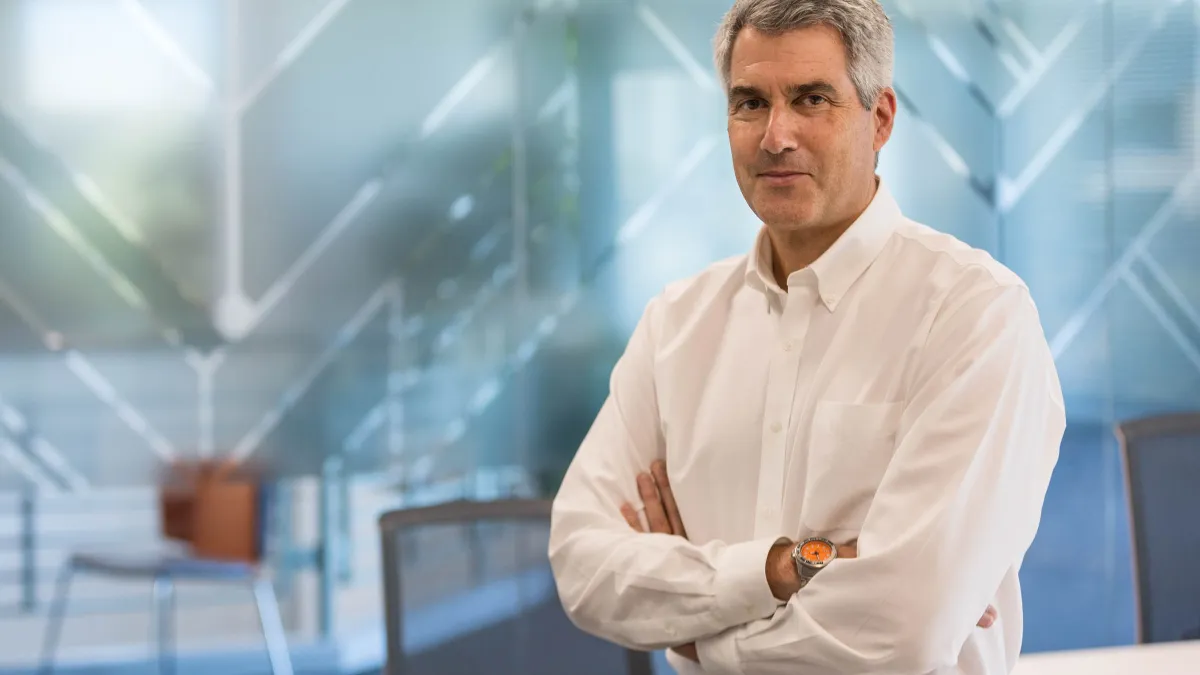A fintech that facilitates ACH payments is leveraging Discover Financial Services' network to get more consumers on board with paying merchants directly from their checking accounts.
Teaming up with Discover, Atlanta-based digital payments infrastructure platform Buy It Mobility (BIM) Networks is launching BuyPass, which will enable consumers to make direct payments from their checking accounts through merchant apps. Shoppers' payments run through Automated Clearing House rails to merchants within Discover’s network. The companies announced the launch in a news release Wednesday.
"Our partnership with Discover greatly decreases what was likely our biggest barrier to growth, which was technical integration" for merchants, said BIM CEO Adam Frisch.
The collaboration "is a great example of how we’re enabling flexible and innovative payment options that can provide a great customer experience for our merchants," Jason Hanson, Discover’s SVP of global business development, said in the release.
The Wall Street Journal, which first reported the move, noted similar offerings from Alipay and WeChat Pay are popular in China.
Riverwoods, Illinois-based Discover, smaller than competitors Visa, Mastercard and American Express, has a network connected to about 11.8 million merchant locations in the U.S., per The Wall Street Journal.
Discover is an investor in BIM, and the move — "an extension of their strategic partnership," the release said — is expected to simplify merchants’ ability to accept such payments. Teaming up with Discover makes integration easier for merchants, who will drop a URL into their apps and websites to access BIM’s platform, the release said.
At Shell or Phillips 66 gas stations, which BIM already partners with, consumers who buy gas by sending funds from their checking accounts pay up to 25 cents less per gallon compared to card users, The Wall Street Journal reported.
BIM projects its market share to expand to about 45% of all gas station and convenience store locations in the U.S. in the first half of the year, per the release, along with several merchant announcements in grocery, quick-service restaurants and other retail segments.
Although banks may be uninterested in encouraging consumers to send funds directly from bank accounts because they collect higher fees on card purchases, consumers might feel differently: Because merchants will fork over less in fees on transactions that go through ACH rails, they can offer lower prices to customers going that route, BIM told The Wall Street Journal.
Those swipe fees, also called interchange fees, are what merchants pay to card-issuing banks each time a consumer pays with a credit or debit card. They've become a hot-button issue, particularly as those fees have climbed higher in recent years.
Tensions mounted recently between Amazon and Visa over the fees related to cards originating in the U.K.; Amazon has tacked on surcharges for Visa transactions in Australia and Singapore to protest the card company’s high fees. The National Retail Federation has said swipe fees amounted to $110.3 billion in 2020. Merchants paid $53.6 billion in Visa and Mastercard interchange fees in 2019, per the Nilson Report.
Merchants who work with BIM are seeing "significantly lower payment acceptance costs," BIM President Troy Carrothers said in the release, and active consumers on BIM’s platform "transact four times more frequently than consumers with card on file in the same retailers’ wallets."
Because ACH is a cheaper form of transaction, "merchants are trying to figure out how they can leverage this in their overall customer experience and their payment offerings," Frisch said. The partnership with Discover makes it "much more accessible to them."
Customer loyalty to merchants offering these ACH payment discounts can result in an average of $1,700 in added revenue annually, BIM told The Wall Street Journal.
"There’s no reason why this won’t take off in the U.S. like it has in other parts of the world," Frisch said, adding that BIM plans to make "many more merchant announcements in the next several months."











